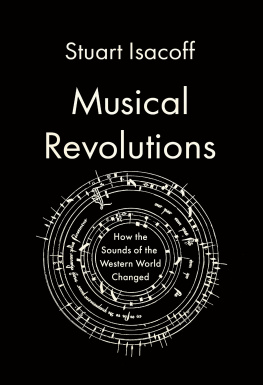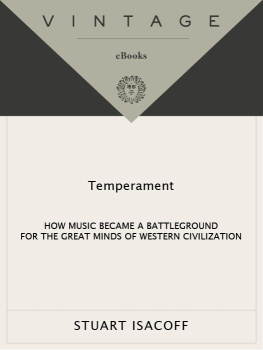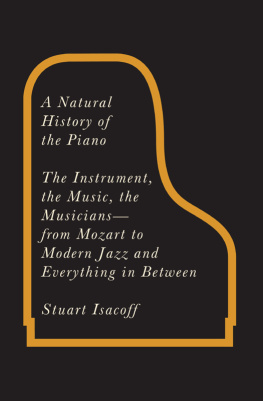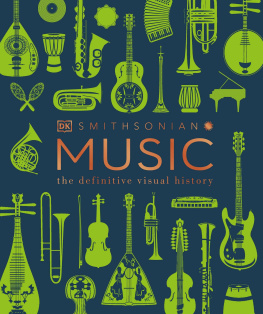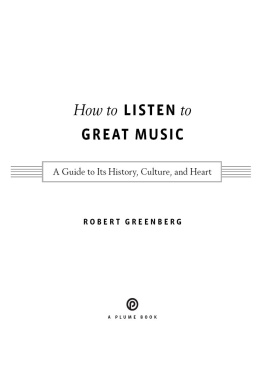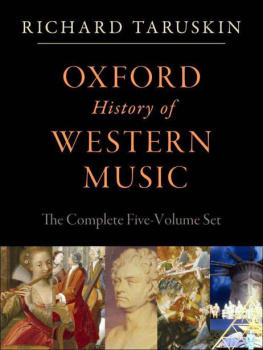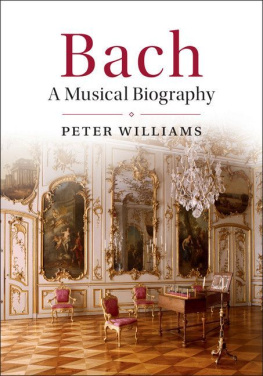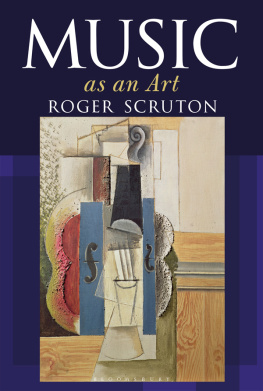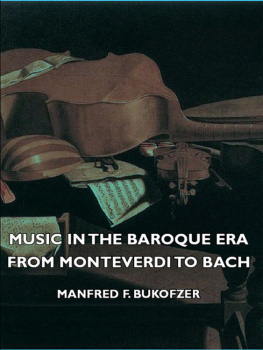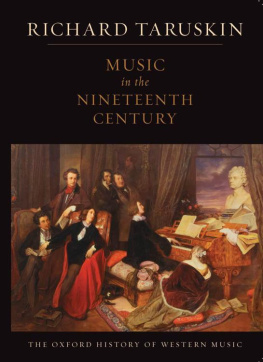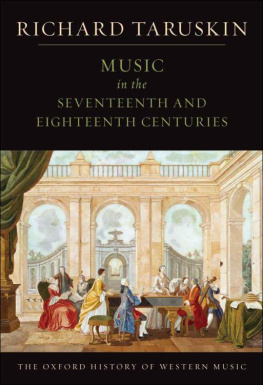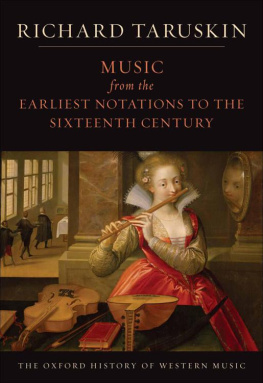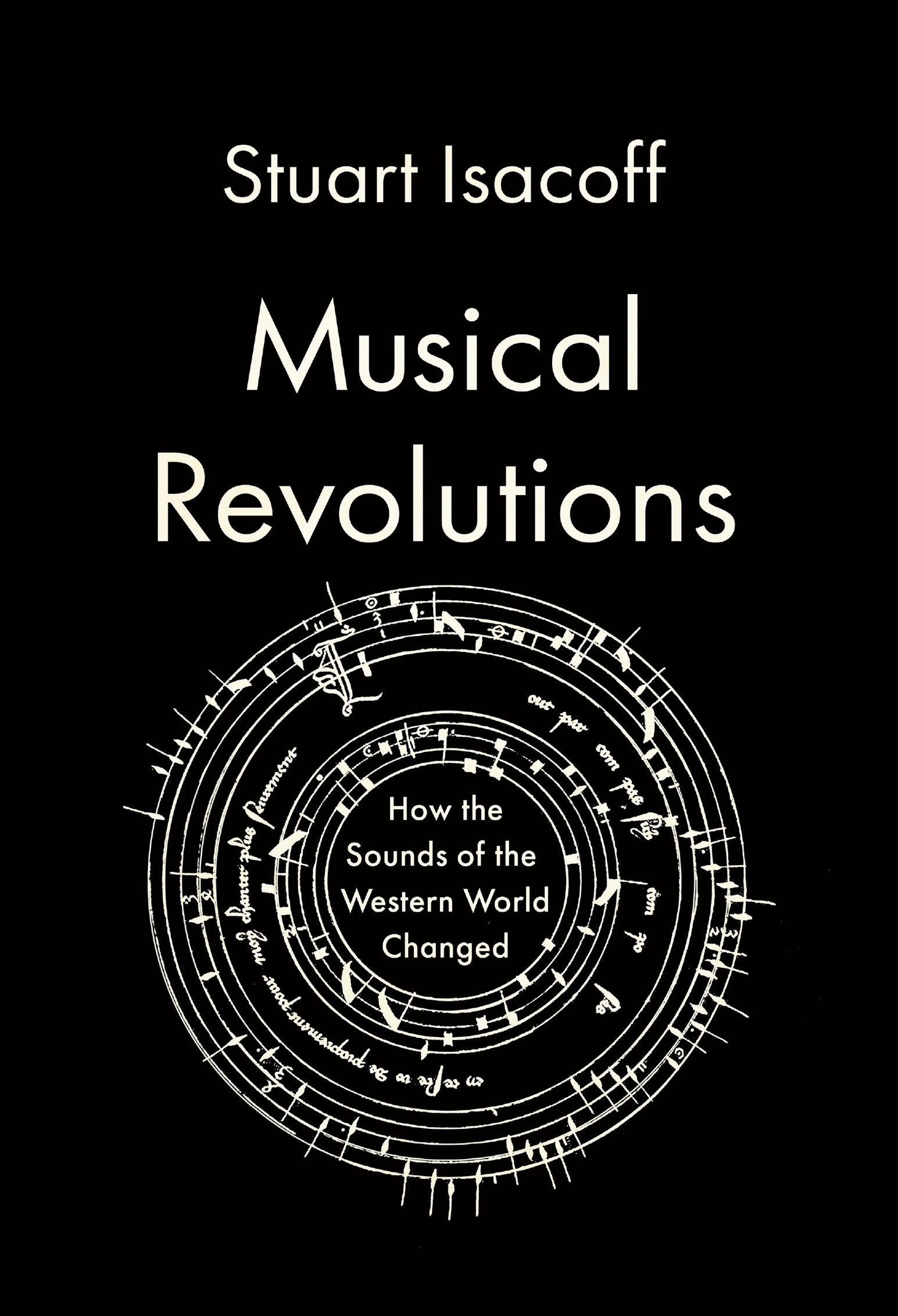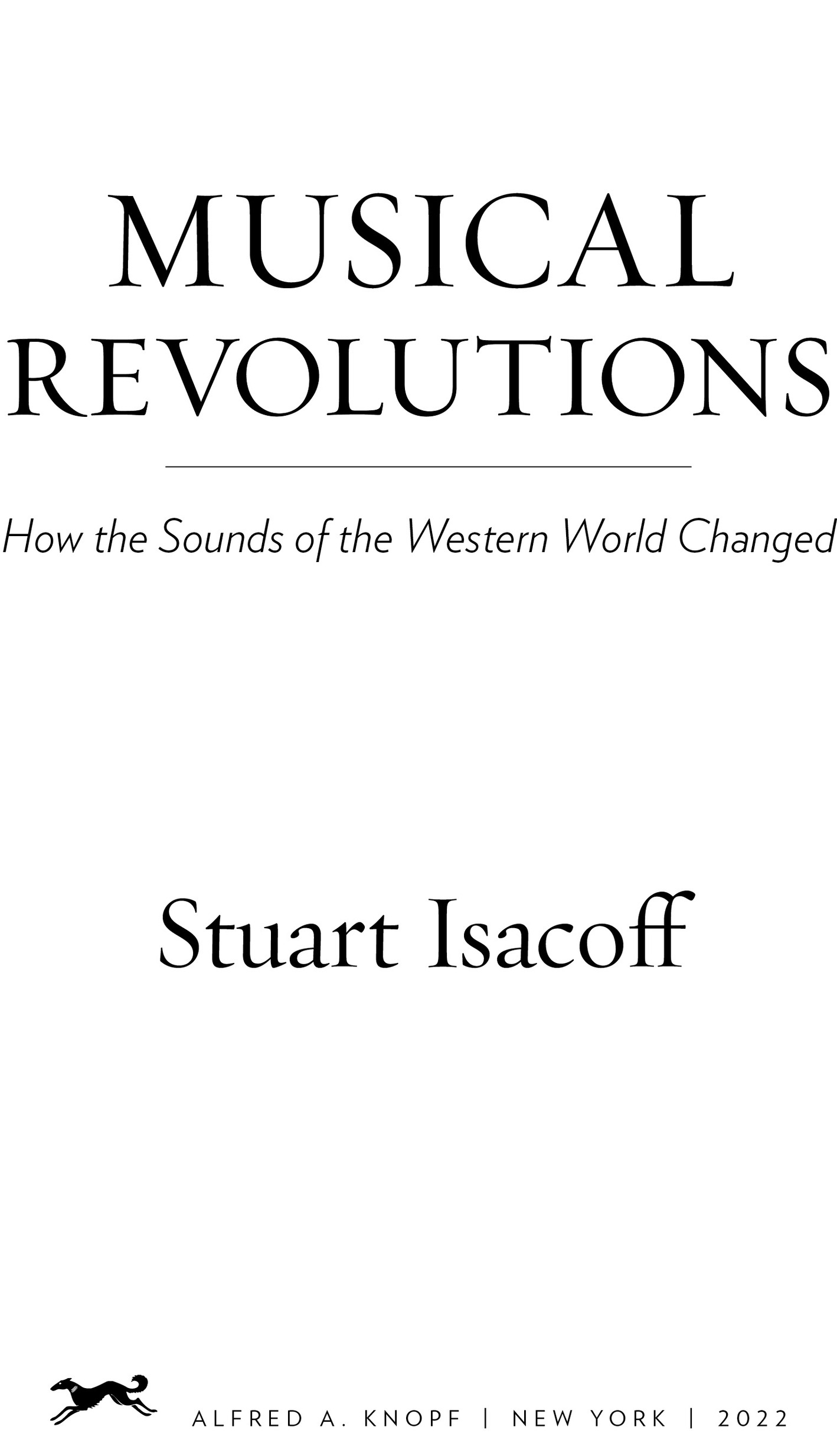ALSO BY STUART ISACOFF
When the World Stopped to Listen: Van Cliburns Cold War Triumph and Its Aftermath
A Natural History of the Piano
Temperament: How Music Became a Battleground for the Great Minds of Western Civilization
THIS IS A BORZOI BOOK PUBLISHED BY ALFRED A. KNOPF
Copyright 2022 by Stuart Isacoff
All rights reserved. Published in the United States by Alfred A. Knopf, a division of Penguin Random House LLC, New York, and distributed in Canada by Penguin Random House Canada Limited, Toronto.
www.aaknopf.com
Knopf, Borzoi Books, and the colophon are registered trademarks of Penguin Random House LLC.
Grateful acknowledgment is made to Concord Music Group for permission to reprint excerpt from Adventures Underground by David Del Tredici and Lewis Carroll, copyright 1979 by Boosey & Hawkes, Inc., A Concord Company. All rights reserved. Reprinted by permission of Concord Music Group.
Library of Congress Cataloging-in-Publication Data
Names: Isacoff, Stuart, author.
Title: Musical revolutions : how the sounds of the Western world changed / Stuart Isacoff.
Description: First edition. | New York : Alfred A. Knopf, 2022. | Includes bibliographical references and index.
Identifiers: LCCN 2021045361 (print) | LCCN 2021045362 (ebook) | ISBN 9780525658634 (hardcover) | ISBN 9780525658641 (ebook)
Subjects: LCSH : MusicHistory and criticism. | Music and history.
Classification: LCC ML 160 . I 83 2022 (print) | LCC ML 160 (ebook) | DDC 780.9dc23
LC record available at https://lccn.loc.gov/2021045361
LC ebook record available at https://lccn.loc.gov/2021045362
Ebook ISBN9780525658641
Cover art: Tout par compas suy composs by Baude Cordier (13801440). Chantilly Codex
Cover design by Keenan
ep_prh_6.0_140173256_c0_r0
To Adrienne, still my light
My end is my beginning and my beginning, my end.
Canon by Guillaume de Machaut (c. 13001377)
Contents
Introduction
T his is a book about moments in music history when things dramatically changed, a succession of bold leaps in the progress of Western culture. Some of these had a gloriously expansive effect, like the invention of music notation in the eleventh century; the birth of opera in the sixteenth; the time in the early twentieth when American jazz spread its wings and moved to Paris. Others were seriously unsettling, like the tumultuous decision by Austrian composer Arnold Schoenberg and his students to erase the distinction between consonance and dissonance, thereby overthrowing the very pillars of Western harmony; or the determination by John Cage and his followers to craft their music from the indeterminacy of a coin toss. Each one ushered in a new directionoften unexpected, like a planet following an invisible orrery, discernible only after the fact. At times these spurred convulsive reactions against the current trend (as in the swing, during J. S. Bachs lifetime, from clotted complexity to elegant simplicitya change Bach himself transcended, as his music embodied both).
Still, these changes usually didnt arise in a flash, like an unforeseen volcanic eruption, but instead unfolded as an arc: preceded by earlier hints and models, and encompassing long-term aftereffects. The pattern reflects the definition of revolution as suggested by Nicolaus Copernicus in his groundbreaking On the Revolutions of the Celestial Spheres, in 1543. Revolution, in his view, implies cyclic return, as in the elliptical orbits of the planets as they revolve around the sun; or in periodic repetition, per Galileos explanation of the oceans tides, based on Copernican theory. The term revolution, though it conjures images of storming the barricades, is frequently less a cannon shot than a great pendulum swing. And, as J. Bernard Cohen pointed out in Revolution in Science (1985), it implies depth, a cumulative impact, a web of contexts.
Even with the disruptive shock of the new, a discernible symmetry can be found within revolutionary change. As Mark Twain pointed out, history may not exactly repeat, but it rhymes: the universe unfolds as a great narrative poem, outlining an endless series of connections. In describing the arc of a particular musical phenomenon, however, the question arises of how far back one should search for its origins. The pursuit could be endless, because there never was a time without music.
Archaeologists have found a flute, at least thirty-five thousand years old, in a cave in southwestern Germany, made from a hollow bone of a griffon vulture, placed in a curated setting, surrounded by cave paintings and carved figures. A conch-shell horn from the Paleolithic period, eighteen thousand years ago, has turned up in southern France; it had been deliberately chipped and punctured to create a musical instrument. Clearly, music and art have always been essential aspects of living.
The list of events in this book is, of course, somewhat arbitrary. No attempt has been made for completeness, since the subject is inexhaustible, and others might well come up with alternate versionsincluding perspectives more inclusive of world music. There is a great big universe beyond the Western canon, and my narrow focus is simply a result of who I am, and what I have focused on and experienced for most of my life. I dont have the expertise to venture very much beyond the topics presented here.
In fact, I felt compelled to skip even some important facets of Western music, like rockthe stylistic juggernaut that emerged in the 1950s, animated by teenage angst and overheated libidos. It arose from the simmering turmoil at the center of a growing generation gap, with the aim of disrupting the status quo. Like everything else covered here, rock constantly evolved. In the beginning, its transgressions were relatively tame: Elvis Presley stunned a public unaccustomed to artists whose style transcended the Black/white racial divide, and easily sent teen girls into a frenzy with the mere twitch of his hips.
As the years wore on, the festering nihilism at the musics center erupted into outright brutality: pianist Jerry Lee Lewis (Great Balls of Fire) literally set his instrument ablaze; the Whos Pete Townshend smashed guitars on stage, as the music metaphorically demolished social guardrails. Rock musicians increasingly assumed the role of outcasts and outlaws, though the Beatles, among other groups leading the British Invasion, brought charm to the mix. The movements trajectory changed again through increasing levels of sophistication, while diverse currents, from folk-rock and grunge to electronics and hip-hop, influenced the genre in unpredictable ways. If rock is to be written about, it deserves a more knowledgeable observer than myself.
So the scope here is limited. Yet the benchmarks I cite, aspects of a continuing tradition, stand out in my mind as moments of remarkable creativity and daring, though it is unusual to find them compiled into a single volume. They are worth remarking upon, and celebrating.
CHAPTER 1
Singing from Symbols
The music surged in my ears, truth seeped into my heart
St. Augustine , Confessions
S triking an ascetic pose in the church sanctuary, St. Augustine (354430) knelt for a brief instant, as motionless as one of the chambers stone columns, while the voices of men and women in the choir gently intermingled in a simple, haunting melody, rising and falling like incense in the musty air. The sound wafted gently along the cathedrals walls, intoxicating, sensuous, even seductiveas wily and dangerous as voluptuous Eves enticements to a hapless Adam. Flooded with the pleasure of it, Augustine burst into tears. Surrendering to the experience had distracted him from the word of Goda venial sinand he was gripped with guilt.

